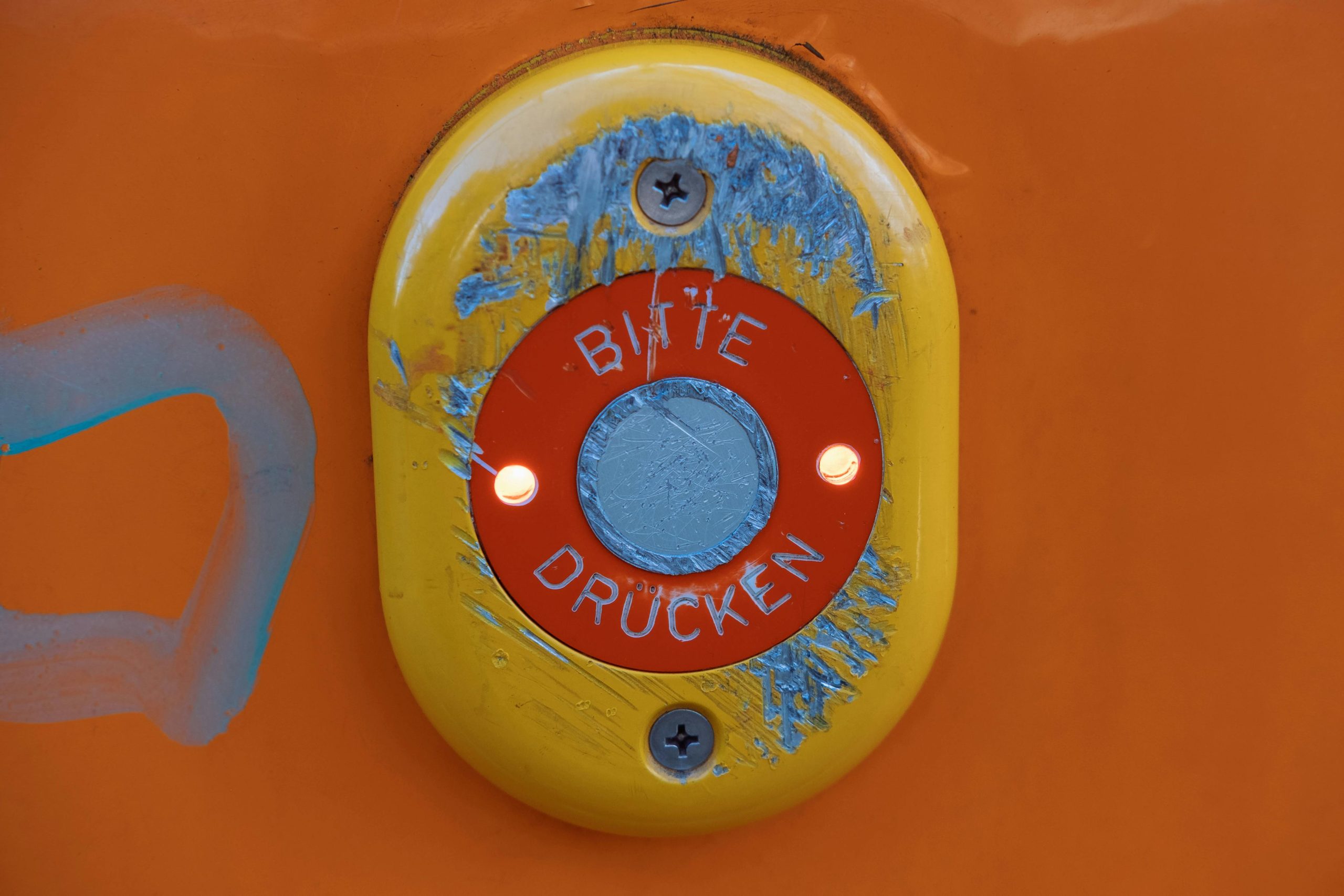Title: Navigating Auto Damage: Insurance and Liability in Driveway Collisions
Understanding Liability and Insurance Coverage for Driveway Vehicle Incidents
Accidents involving parked vehicles can be unsettling, especially when they happen quietly in your own driveway. Recently, I experienced such an incident where two unoccupied cars came into contact in my residential driveway. I want to share this experience to shed light on questions of responsibility and insurance coverage that many homeowners might encounter.
Background of the Incident
I am currently living with my fiancée and her son. My primary vehicle, a 2017 Ford Expedition, was parked in our driveway when an unexpected collision occurred. Her 20-year-old son, driving his vintage 1974 Ford F100 project truck—legally insured and registered—performed a routine parking maneuver. He parked on an incline, exited the vehicle, and attempted to close the door. As he did so, the door suddenly popped out of gear, causing the truck to roll backward and lightly strike my Expedition’s front corner.
The aftermath was caught clearly on security cameras, showing that he was out of the vehicle at the time of the incident. Fortunately, the damage appears mostly cosmetic, with a minor scratch on his truck and more significant dents, paint damage, and potential structural issues on my Expedition. The cost to repair my vehicle is estimated between $12,000 and $14,000, considering aftermarket modifications, lifted suspension, and custom wheels. My insurance policy includes comprehensive coverage with a $1,000 deductible.
Liability and Insurance Dilemmas
This situation raises several key questions:
- Who is at fault now that the vehicle was unoccupied at the moment of impact?
- Would homeowner’s insurance potentially cover this damage?
- Could this incident be classified as an act of God or a random accident?
- Which coverage, auto or homeowner’s, would be financially more advantageous in the long run?
Understanding Liability
Even if the vehicle was parked and the driver exited it, the question of fault remains nuanced. Typically, when a parked vehicle unintentionally moves and causes damage, liability can be attributed to the vehicle owner or operator. Since the truck was in motion unexpectedly, and given it was on an incline, it could be argued that the driver was at least partially responsible for the accident, especially since he was out of the vehicle but likely still in control of it.
Insurance Considerations
In Michigan, where the incident occurred, insurance policies differ but generally cover such damages under auto



